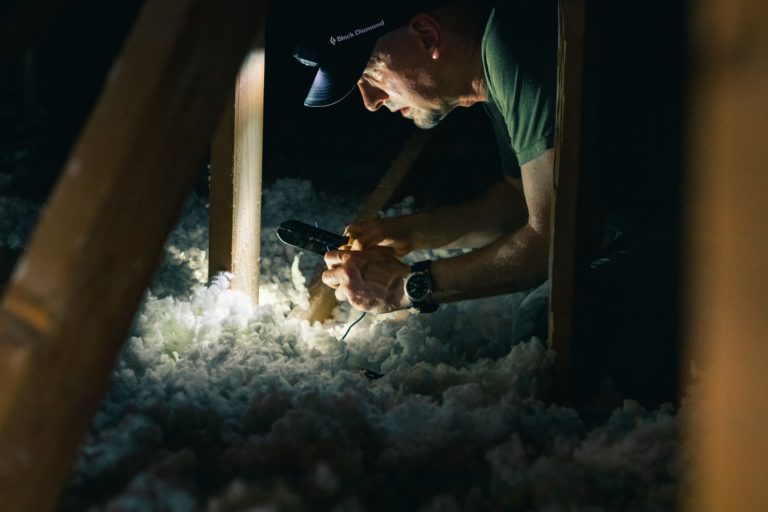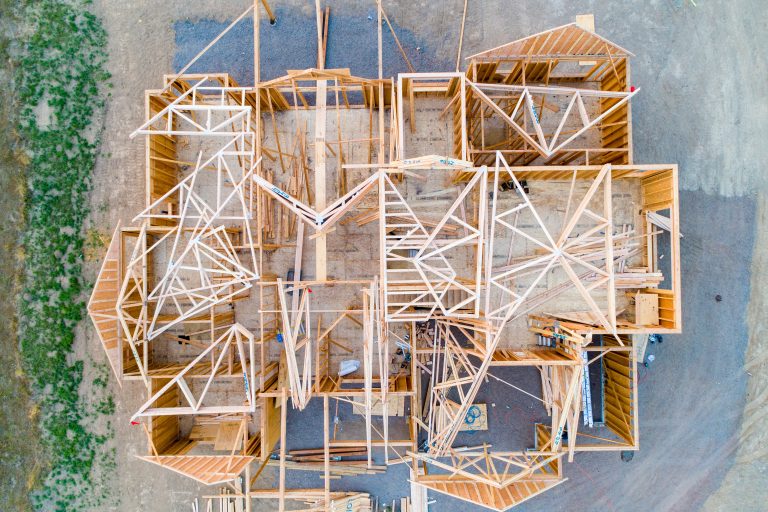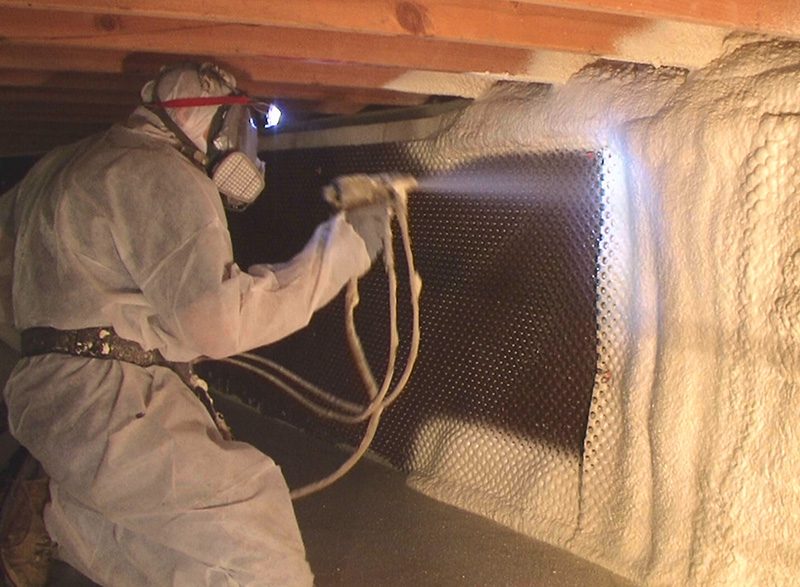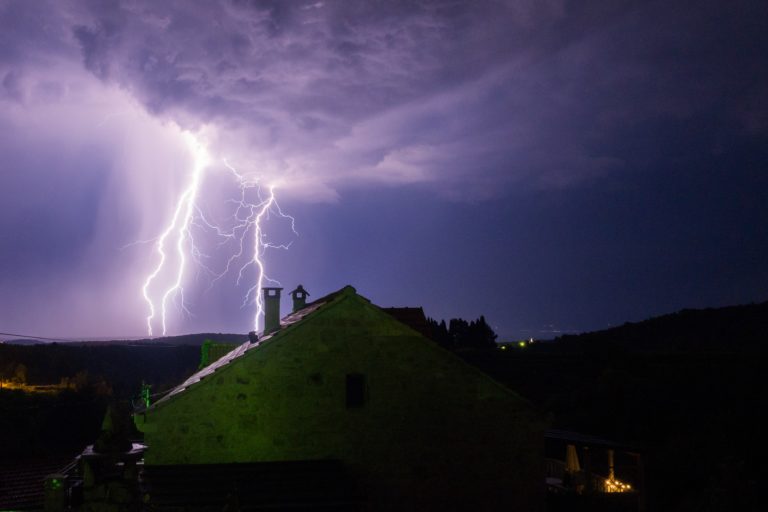Proper Insulation Slows Climate Change
Climate change is one of the biggest challenges humankind is facing in this century. While policy makers debate about the steps we can take to solve this problem, the average Joe is taking this battle head on, and one of the things you can do to contribute is to make sure you have proper insulation.
Proper Insulation Reduces Energy Consumption
Energy consumption is arguably the biggest contributor to climate change, and our fossil fuel-based economy has a huge appetite for energy. Alternatives to fossil fuels are yet to take off in a big way, but what has helped reduce energy bills in the past decades in America, thanks to sustained efforts of those who have raised awareness, is insulation.
Relatively simple steps, such as insulating attics and draught-proofing doors and windows, can have a big impact if it is done on a large-scale by the community. Such steps will not only help the household save money in energy bills but it will also help in the fight against climate change.
Many people have started adding solar panels on the rooftops in order to try and switch to cleaner and renewable energies. Such steps should be supplemented with proper insulation because it helps ensure the efficient use of energy. If a house is not adequately insulated, it will lead to increased costs because of issues, such as heat escaping from old or faulty insulation, which will force you to consume more energy to stay warm in winter.
Best Type of Insulation for Maximum Energy Efficiency
There are different types of insulation that are available in the market today. You will have to choose one that is suitable for your needs and that fits your budget. A professional contractor should be able to understand your needs and explain the benefits and costs associated with each insulation option.
In general, look for or ask about the R-value of the insulation material, which varies depending on the type, thickness and density of the material used. The higher the R-value of an insulation material, the more energy-efficient it will be. Other considerations that a professional contractor might consider include the age of your home and its structure.
The Department of Energy has a handy tool called the Home Energy Saver, which uses data developed at the DOE’s Lawrence Berkeley National Laboratory. Based on your house, local climate and energy prices, it helps you determine energy-saving upgrades and answers questions such as where you need to insulate, the recommended R-values, the best type of heating and cooling system to use and so on. The tool also shows you how much carbon footprint you can reduce if you do the suggested upgrades.
Regular Insulation Check
Installing the right insulation to seal your home to reduce your heating and cooling bills is not a once-in-a-lifetime investment. You have to get the house inspected periodically to make sure there are no air leaks. A licensed contractor should be able to evaluate your house and offer professional advice about simple things, such as changing air filters to explaining your insulation needs.
Contact Geo-Insulation today to discuss insulating your home and take action against climate change!







